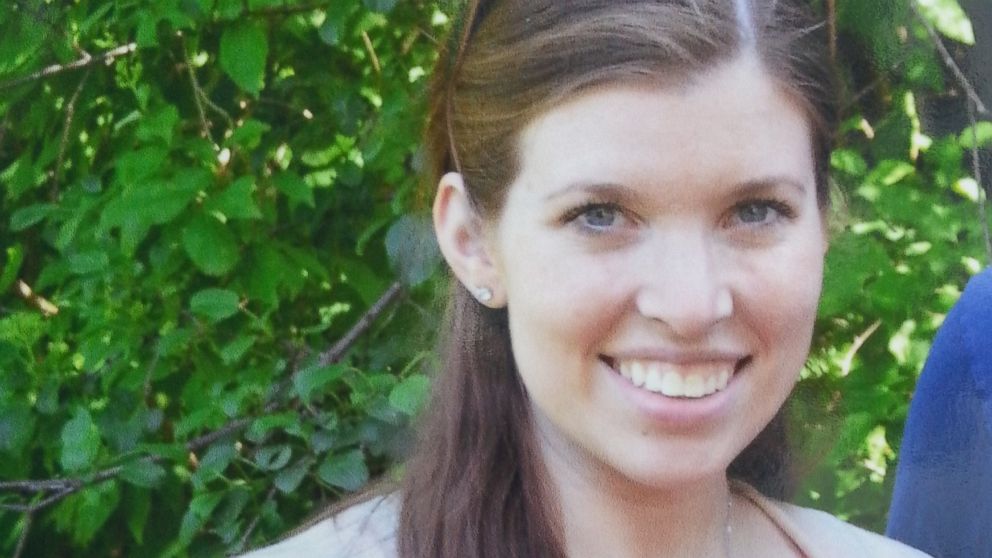I didn’t know Colleen Ritzer, the 24-year-old Danvers High School math teacher found dead in the woods behind the school this week. I also don’t know Philip Chism, the 14 year old charged with murdering her. But I’m affected by this tragedy all the same.
My first job as a reporter 20 years ago was at the weekly Danvers newspaper. Andover, Ritzer’s hometown, is where my kids go to school. It’s a town I know well as a Merrimack Valley resident and former editor at The Eagle-Tribune. I truly feel for everyone touched by this sad turn of events.
Mood music:
We know almost nothing about the circumstances in which this happened. But we do know this is going to be hard for Danvers High School students to absorb. For a lot of these kids, it’s probably their first taste of death. Even for those with previous experience, the loss of a grandparent, for example, this is likely something new and terrible. The victim was young, not much older than her students. Her accused killer was one of them, a pleasant kid by most accounts.
I’ve experienced a lot of death in my life, including that of a 17-year-old older brother and a best friend who committed suicide. I’m not going to claim you get used to these things, but I have developed a six-point road map that I try to live by in these situations. I share it here in hopes that it will help some of you.
- Let it suck. Don’t be a hero. If you’re feeling the pain from losing your grandmother, let it out. You don’t have to do it in front of people. Go in a room by yourself and let the waterworks flow if you have to. Don’t worry about trying to keep a manly face around people. You don’t have to pretend you’re A-OK for the sake of others in the room.
- Don’t forget the gratitude. When someone dies, it’s easy to get lost in your own grief; there’s a self-pity reflex that kicks in. Try to take the time to remember how awesome your loved one was. Share the most amusing memories and have some laughs. The deceased would love that. And you’ll feel more at peace when you remember a life that was lived well.
- Take a moment to appreciate what’s still around you. Your girlfriend. Your friends. If the death you just suffered should teach you anything, it’s that you never know how long the other loves of your life will be around. Don’t waste the time you have with them.
- Don’t worry yourself into an anxiety attack over the fact that God could take them from you at any moment. God holds all the cards, so it’s pointless to even think about it. Just be there for people, and let them be there for you.
- Take care of yourself. You can comfort yourself with all the drugs, alcohol, sex and food there is to have. But take it from me, giving in to addictions is nothing but slow suicide. You can’t move past grief and see the beauty of what’s left if you’re too busy trying to kill yourself. True, I learned a ton about the beauty of life from having been an addict, but that doesn’t mean I’d ever wish that experience on others. If there’s a better way to cope, do that instead.
- Embrace things that are bigger than you. Nothing has helped me get past grief more than being of service to others. It sounds like so much bullshit, but it’s not. When I’m helping out in the church food pantry or going to Overeater’s Anonymous meetings and guiding addicts who ask for my help, I’m always reminded that my own life could be much worse. To put it another way, I’m reminded how my own life is so much better than I realize or deserve.
This isn’t a science. It’s just what I’ve learned from my own walk through the valley of darkness.
Life is a gift to be cherished and used wisely. Sometimes, it hurts. But that’s OK.

